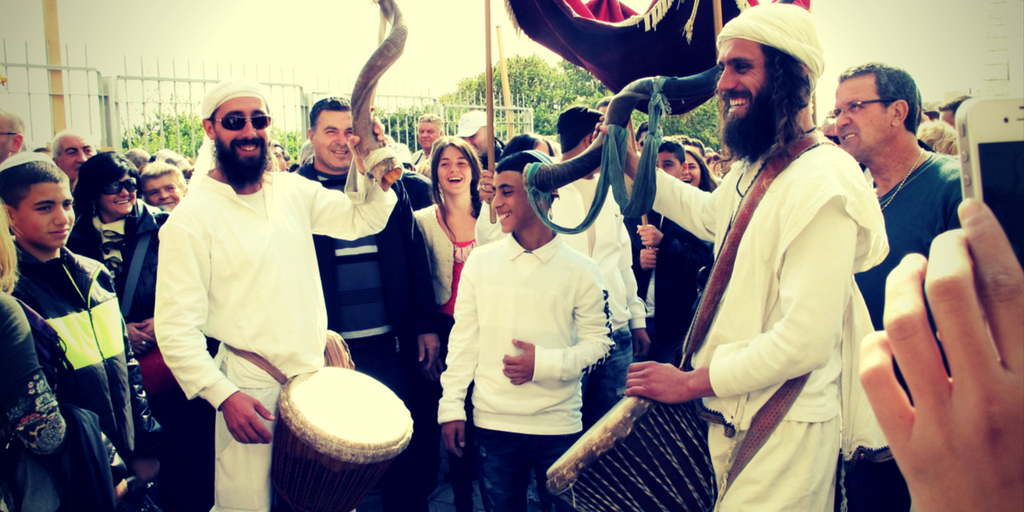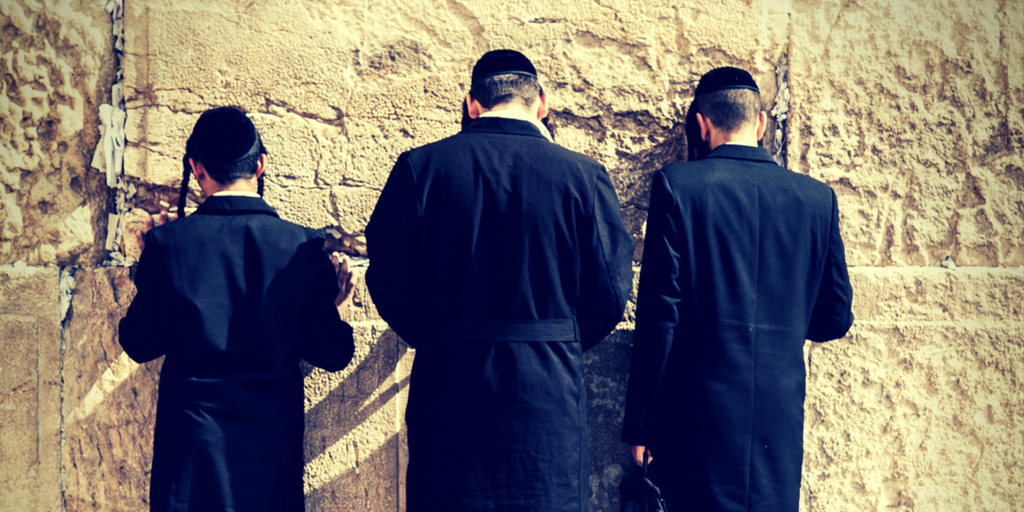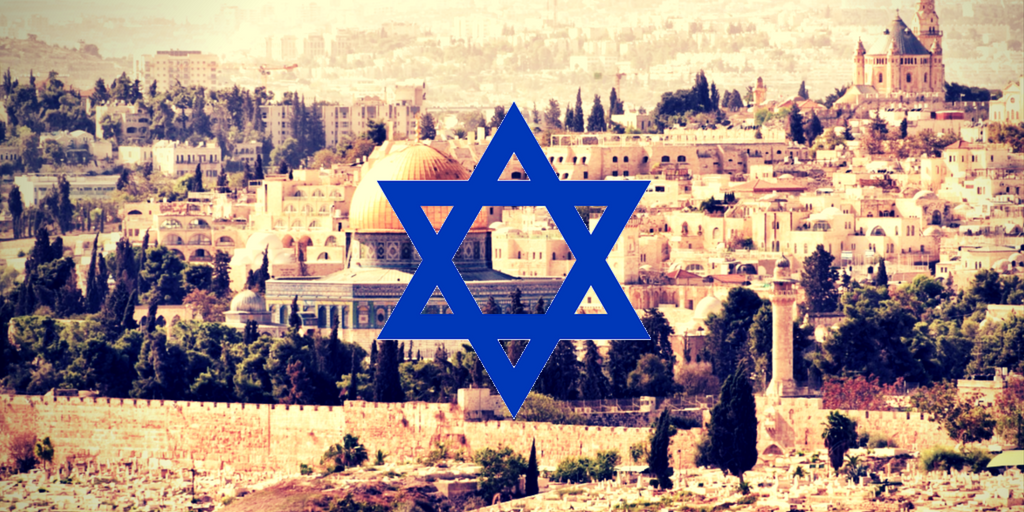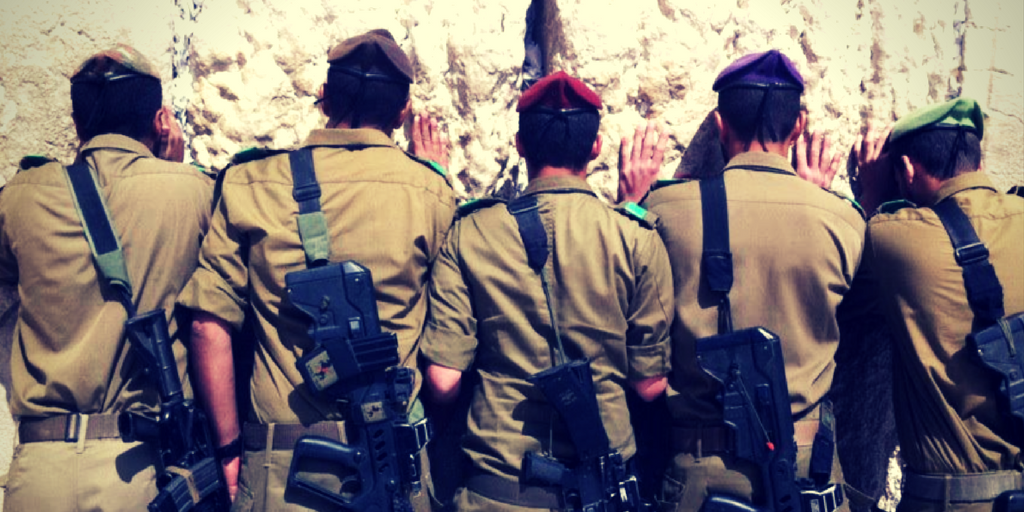“And I implored HaShem at that time, saying, ‘My L-rd, HaShem, You have begun to show Your servant Your greatness and Your strong hand, for what power is there in the heaven or on the earth that can perform according to Your mighty acts? Let me now cross and see the good land that is on the other side of the Jordan, this good mountain and the Lebanon.’ But HaShem became angry with me because of you, and he did not listen to me; HaShem said to me, ‘It is too much for you! Do not continue to speak to Me further about this matter. Ascend to the top of the cliff and raise your eyes westward, northward, southward, and eastward, and see with your eyes, for you shall not cross the Jordan. But you shall command Yehoshua, and strengthen him and give him resolve, for he shall cross before this people and he shall cause them to inherit the land that you will see.’” (DEVARIM 3:25-28)
The numerical value of the word VA’ET’ḤANAN (and I implored) is five hundred and fifteen. The Midrash Rabbah teaches that Moshe implored the Kadosh Barukh Hu five hundred and fifteen times that he be permitted to enter Eretz Yisrael. HaShem commanded him to stop at this point because had Moshe implored one more time, he would have elevated himself to a new spiritual height that would have permitted him to cross the Jordan River.
To fully understand this idea, one must free his thinking from the erroneous Western concept of prayer. The English word “prayer” is actually derived from the Latin wordprecari, meaning “to beg” – precisely what many Jews are mistakenly led to believetefillah is. This misunderstanding, which often leads some to imagine the Kadosh Barukh Hu as some giant invisible king taking pleasure in the begging of his subjects, actually prevents us from not only attaining a more mature understanding of HaShem but also from advancing to higher levels of self-awareness.
HaShem is not some giant invisible tyrant but rather the timeless ultimate Reality without end that creates all, sustains all, empowers all and loves all. Everything in existence exists within Him and He transcends far beyond all that exists.
We – like everything else in Creation – are unique expressions of HaShem placed into this world in order to fully participate in history. Human beings are essentially characters in a story being played by actors (souls), which are each distinctive pieces of the infinite Whole we call HaShem. The function of tefillah is to help us each identify and perform our respective roles in the story.
Tefillah is not about begging a giant king to change his mind but rather about us connecting to our inner Divine Source. L’hitpallel – generally translated into English as “to pray” – is a reflexive verb that actually suggests transforming ourselves (otherwise we would just say l’pallel). It is an activity we engage in for the purpose of internalizing the goals of our lives so we may be empowered to actualize our full potentials as characters in history.
Commenting on Yaakov’s words to Yosef, “R’oe fanekha lo pillalti – I did not pallel that I would see your face” (BEREISHIT 48:11), Rashi explains the verse to mean that Yaakov never would have filled his heart to think that he would ever see Yosef again.
L’hitpallel means to actively fill our hearts with – and become conscious of – our deepest dreams and aspirations. This activity then transforms us into people able to actively work with the Kadosh Barukh Hu to actualize these aspirations. Tefillah is not about “changing G-D’s mind” but actually about transforming ourselves. And each time we effectively participate in this activity, we succeed in strengthening our will power, achieving greater self-awareness and consciously discovering the ideals for which our souls incessantly strive.
All of the requests in the Amidah are directed toward superior objectives that our souls already crave. They are our healthiest desires and the deepest yearnings of our true inner selves. Because we are all unique expressions of HaShem, the more we get in touch with our authentic inner selves, the more we actually connect back to our Divine Source and allow ourselves the ability to receive the Kadosh Barukh Hu’s perpetual blessing. Tefillah is the vehicle that enables us to achieve this connection. As it would be ridiculous to assume that HaShem actually needs our tefillot, the obligation to engage in the activity thrice daily is clearly for the sake of something beneficial to us – helping us to manifest and express our inner kedusha through attaining a higher awareness of our relationship to the Divine.
The Amidah experience essentially serves to educate us to that which our souls genuinely desire – the aspirations we were placed into this world to achieve. While whispering the words of the tefillah to ourselves, we are meant to internalize how much we actually yearn for the realization of these goals so that we can then dedicate our actions towards practically attaining them. As most people generally work through concrete human endeavors in order to achieve that which they truly desire, the requests of the Amidah should naturally guide our actions as the blueprint for how we direct our energies and resources. The Hebrew Nation works in partnership with HaShem and anytefillah not complemented by human effort could justifiably be viewed as lacking sincerity.
It is difficult to know how many tefillot are necessary to sufficiently elevate ourselves to merit receiving that which we desire. Had Moshe entreated five hundred and sixteen times, he would have been transformed to the point of being able to cross the Jordan. HaShem commanded His prophet to stop at five hundred and fifteen because it had been decreed and was necessary according to the Divine plan that Moshe would not bring the Hebrews into Eretz Canaan.
Tefillot are not always answered according to expectations. While at first glance G-D’s words to Moshe appear harsh, HaShem is actually consoling His prophet by hinting that although he will not be crossing the Jordan River, he is already standing well within the Land of Israel.
“‘Ascend to the top of the cliff and raise your eyes westward, northward, southward, and eastward, and see with your eyes, for you shall not cross the Jordan.’” (DEVARIM3:27)
HaShem tells Moshe to look not only westward but also northward, southward and eastward at the Land of Israel, implying that Eretz Yisrael already surrounds him. The borders of the Promised Land are not merely west of the Jordan River but actually stretch from the Nile to the Euphrates.
“On that day HaShem made a covenant with Avram, saying, ‘To your descendants have I given this land, from the river of Egypt to the great river, the Euphrates River.’” (BEREISHIT 15:18)
There are levels to the Land of Israel’s kedusha. And although Moshe would not be permitted to enter the loftiest regions of Israel Proper, he was already standing on the east bank of the Jordan. Despite Moshe not being granted his wish as he consciously understood it, he received the consolation of knowing that he was already in the homeland and that his beloved student Yehoshua would lead the Hebrew tribes in liberating the territory west of the Jordan.
“‘But you shall command Yehoshua, and strengthen him and give him resolve, for he shall cross before this people and he shall cause them to inherit the land that you will see.’” (DEVARIM 3:28)
As characters participating in one of history’s most incredible chapters, we must focus our efforts and tefillot on the challenges specifically facing our unique generation. In addition to practical earthly endeavors, we must l’hitpallel for the complete salvation of humankind, beginning with the ingathering of Israel’s exiles from the Diaspora, the defeat of those scheming to uproot us from our land, the attainment of true justice in Israeli society and the building of G-D’s Temple in its proper location. The more we internalize the words we whisper three times a day, the more we will actually thirst for that which our souls yearn. And the more we begin to truly desire and struggle for these goals, the more we will recognize HaShem bringing them to fruition before our eyes.





